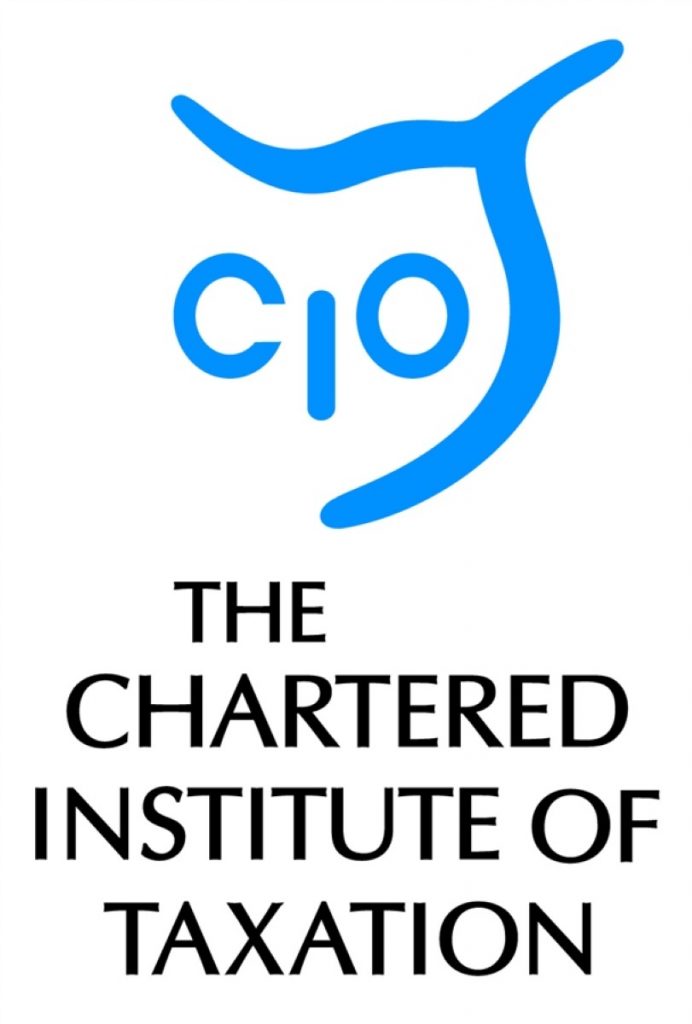Budget response: CIOT welcomes tax law reform proposals
The Chartered Institute of Taxation (CIOT) has welcomed proposals from the Government for improvements to the tax policy-making process, published today in the discussion document, ‘Tax policy making: a new approach’.
The CIOT has long campaigned for reform of the tax law process and published a paper two weeks ago calling for improvements in the process and a new parliamentary Joint Committee on Taxation.
CIOT President Vincent Oratore said:
“This paper is a big step towards improving the way UK tax law is made, and I warmly welcome it.
“Our tax law process is deeply flawed. There is not enough expert scrutiny and there is insufficient parliamentary time to consider properly the effect that changes will have in practice. As a result we often end up with badly constructed laws, which give some taxpayers unintended opportunities to avoid tax while others face unintended losses.
“We welcome the Government’s confirmation of their plans for an independent Office of Tax Simplification. This could play a crucial role in making our tax system simpler and more transparent.
“We welcome the Government’s encouragement to the Treasury Committee to look at how Parliament’s role in scrutiny of tax legislation can be strengthened. We will be seeking to engage with the Committee as well as the Government over the summer to put forward our ideas in this area.”
The CIOT’s paper on tax law reform can be read at: http://tiny.cc/taxlaw
Notes to Editors
1. The Chartered Institute of Taxation (CIOT) is a charity and the leading professional body in the United Kingdom concerned solely with taxation. The CIOT’s primary purpose is to promote education and study of the administration and practice of taxation. One of the key aims is to achieve a better, more efficient, tax system for all affected by it – taxpayers, advisers and the authorities.
The CIOT’s comments and recommendations on tax issues are made solely in order to achieve its primary purpose: it is politically neutral in its work. The CIOT will seek to draw on its members’ experience in private practice, government, commerce and industry and academia to argue and explain how public policy objectives (to the extent that these are clearly stated or can be discerned) can most effectively be achieved.
The CIOT’s 15,000 members have the practising title of ‘Chartered Tax Adviser’.
– ENDS –
George Crozier
External Relations Manager
D: +44 (0)20 7340 0569
M: +44 (0)7740 477374
The Chartered Institute of Taxation
Registered charity number 1037771
www.tax.org.uk





-01.png)